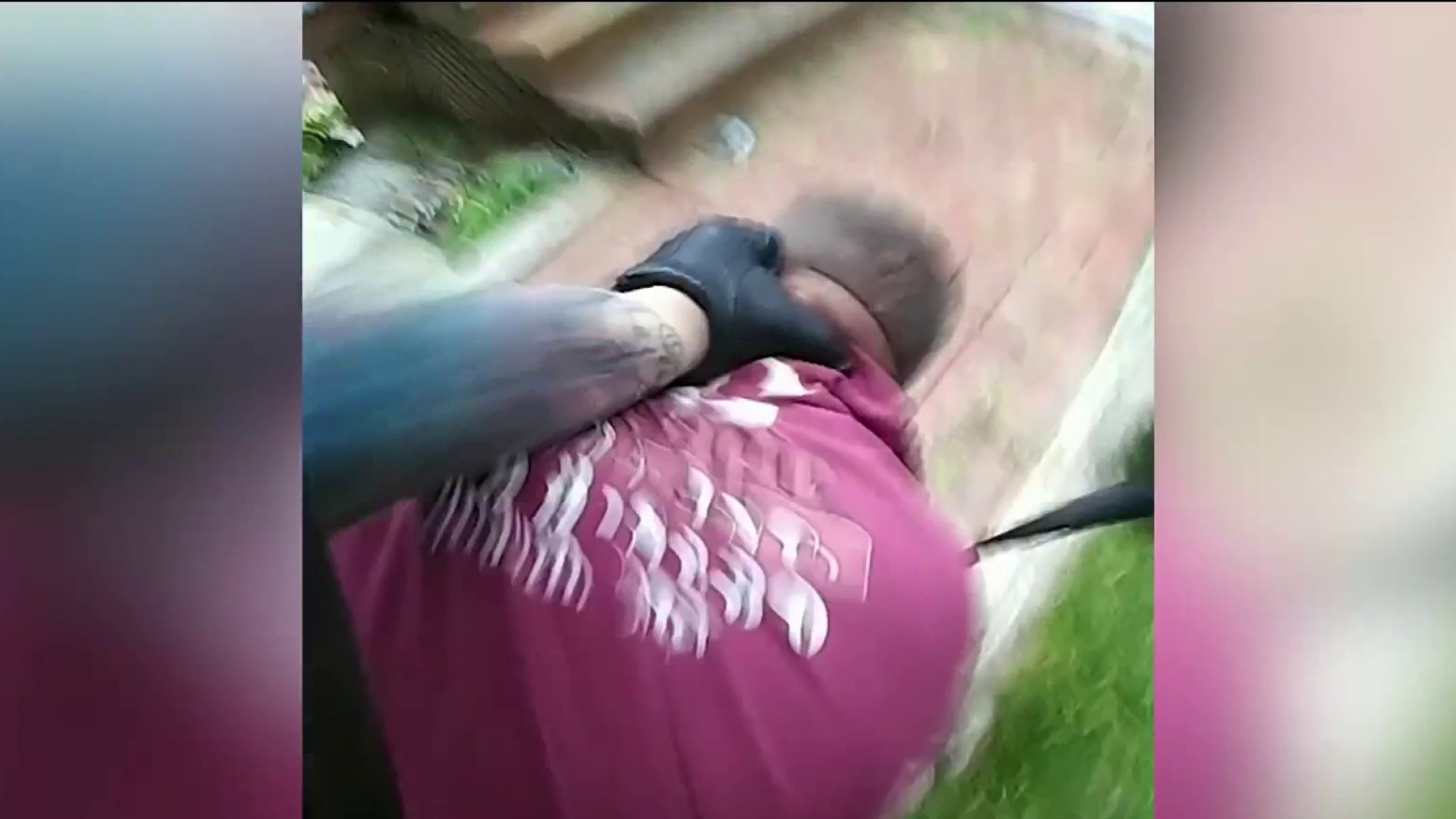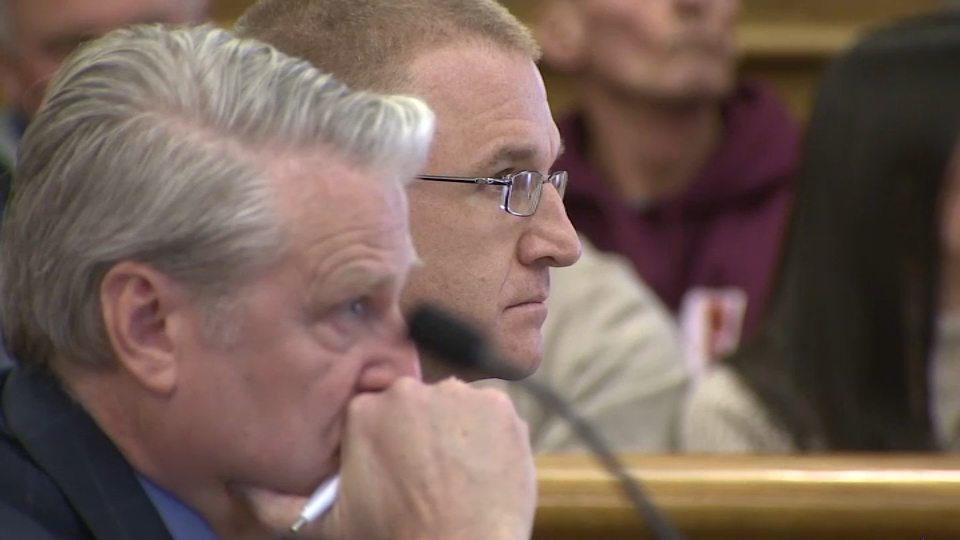Go to the beach, watch football - go almost anywhere these days, and it feels like getting your body tattooed is more popular than ever.
By some estimates, including Pew Charitable Foundation surveys, roughly one-third of America's younger adults now have at least one piece of body art.
But the tattoo rage also means more and more tattoo regret – and Eve and Rob Harris are proof: There’s a business opportunity in just about everything, if you're paying attention. They own a tattoo-removal business called Disappearing Inc. – get it? – that, on Wednesday, opened its second new location in as many years, this time in Braintree, Massachusetts.
They started in Boston in 2013, added a Framingham studio last October, and just opened the doors to a third site on Elm Street in Braintree, aimed at better serving the South Shore/South Coast/Cape Cod market.
"The demand for tattoo removal is increasing," Eve Harris explained in an interview Wednesday afternoon. "It can be an ex-lover. It can be in a bad position. They want to get a new job, and they have a tattoo on their forearm," Harris said, or need to comply with military guidelines for tattoo visiblity to be eligible to join the Marines, Navy, Army or Air Force.
The laser treatments run $90 to $400 per session, depending on tattoo size, and it can take anywhere from a half-dozen to over 20 visits to remove a tattoo fully, depending on how big, old and dark it is and what kind of ink was used. The Harrises use one machine to cool clients' skin before using what's known as a non-ablative laser that shoots billionths-of-a-second laser pulses. Those essentially break up ink under the top layer of skin so it gets flushed out by the body's lymph system.
Researchers IBISWorld in Santa Monica, California, estimate that Americans will spend $80 million this year on tattoo removal, a number that's been growing at double-digit levels for the past five years.
Massachusetts
The latest news from around the state
Skip Manganaro of Halifax, Massachusetts, has had the Harrises remove two tattoos that "just one day you know I decided, I didn't want them anymore."
A fighting leprechaun he got to honor his late father-in-law has been removed entirely in about a dozen sessions, and he's well into having a rose – honoring his mother, Rose – that was "too big and too feminine" removed from his forearm.
He describes the physical sensation of the removal sessions as like "being snapped with an elastic. After the first couple of snaps, you just sit there and chat. To me, it's not painful, whatsoever," Manganaro said.
If you suspect Rob and Eve Harris are anti-body-art ideologues, they're happy to roll up their sleeves and show you they're clearly not – and that in fact they've added tattoos since going into the removal business and seeing the full diversity of body artistry. They estimate they get 80 percent of their business from people who want a tattoo removed outright, but 20 percent from people who want to ready a tattooed area of their skin for a new inking. That's created a two-way flow of referrals between Disappearing Inc. and tattoo artists.
"We send them business, they send us business – it works out great," Rob Harris said.
But if the tattoo craze has peaked or is soon about to peak, the Harrises feel confident there will remain, for years afterwards, plenty of sagging skin and second thoughts to sustain a growing removal business for them and others.
"We're kind of a lagging indicator," Rob Harris said with a laugh. "We will continue to have business growing even after tattooing ever plateaus."
With necn chief photographer Mike Bellwin



